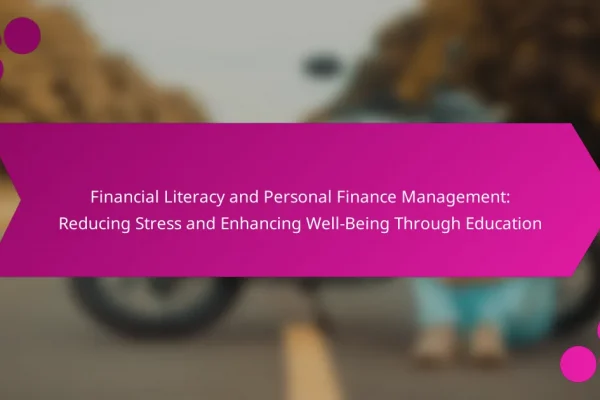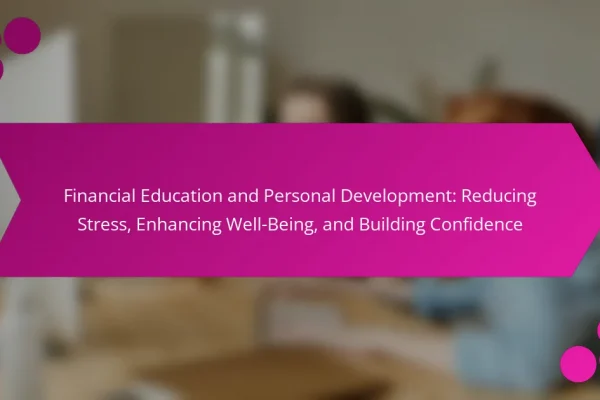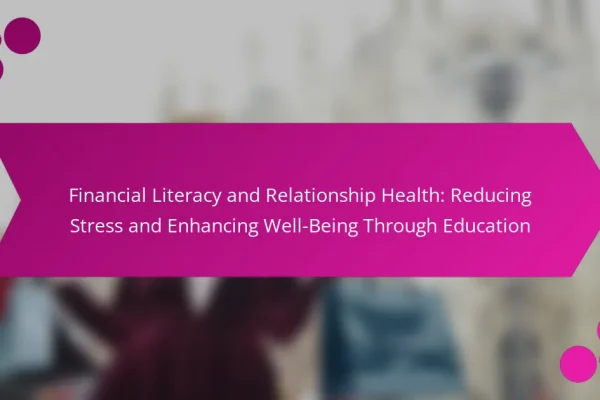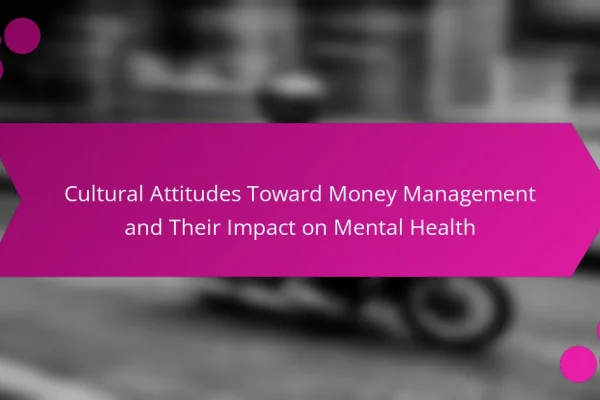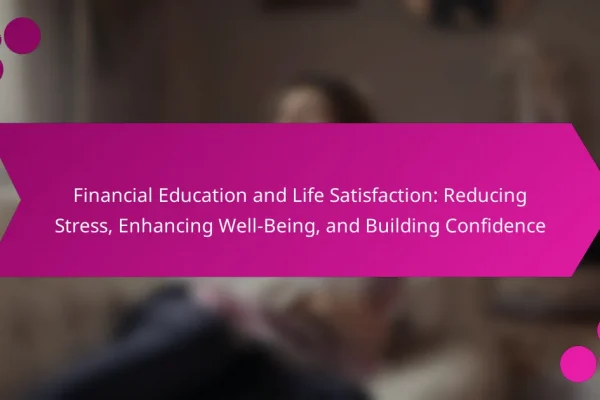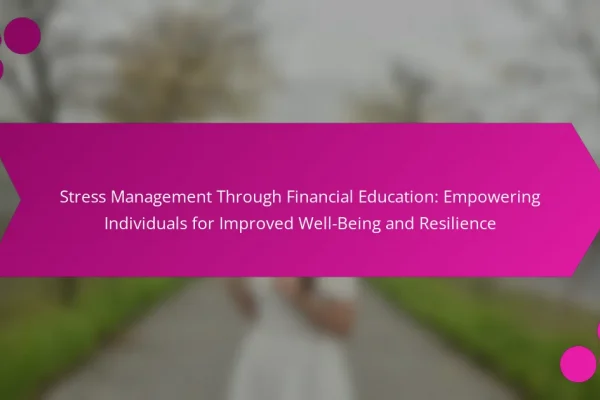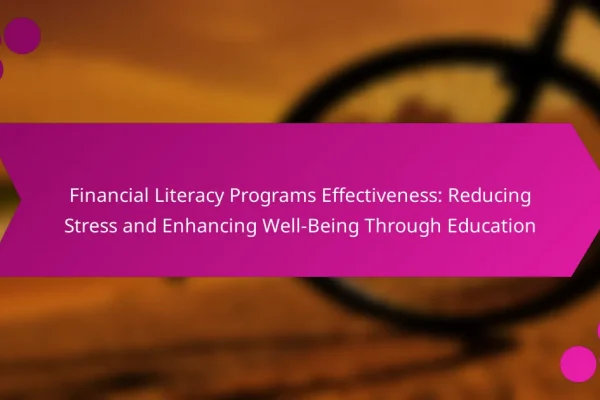
Financial Literacy Programs Effectiveness: Reducing Stress and Enhancing Well-Being Through Education
Financial literacy programs effectively reduce stress and enhance well-being by equipping individuals with essential financial skills. These programs focus on practical application, personalized learning, and measurable outcomes. Research highlights their role in decreasing anxiety related to money management and improving overall life satisfaction. Addressing challenges like funding and engagement is crucial for maximizing their impact…
